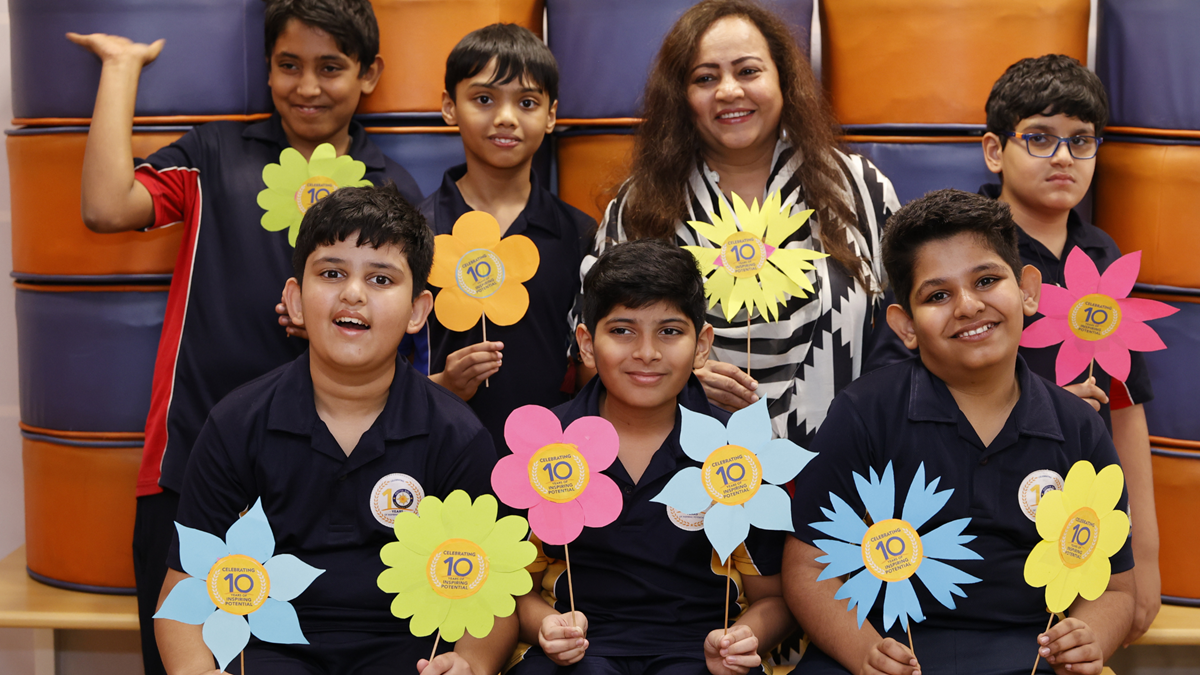

When it comes to supporting children with learning disabilities, the Individualized Education Program (IEP) plays a vital role. This tailored plan ensures that each child receives the specific support they need to thrive in school. Here, we will explore what IEPs are, how they work, and their significance for children attending special schools in Mumbai.
An Individualized Education Program (IEP) is a written plan designed for students with disabilities. The plan is created by a team of professionals and is unique to each child’s needs. It outlines the goals and objectives, the support required, and the methods to help the child achieve success.
For children with learning disabilities, having an IEP is essential. The program ensures that:
An IEP acts as a roadmap, helping educators and parents work together to monitor the child’s progress and adjust support strategies as needed.
Creating an IEP is a team effort. The team typically includes:
The team discusses the child’s strengths, challenges, and specific needs. They collaborate to set achievable goals and decide on the resources necessary to meet those goals.
An IEP is a detailed document. Some of the main components include:
Parents are an essential part of the IEP process. They provide valuable insights into their child's needs, strengths, and interests. Parents should actively participate in:
Parents can help ensure the IEP is working as intended and make suggestions for adjustments when necessary.
The IEP is not a one-time document. It must be reviewed and updated at least once a year to ensure it remains relevant to the child’s needs. However, if there are significant changes in the child's development or educational needs, the IEP can be revisited sooner.
Enrolling in a special school in Mumbai can be a game-changer for children with learning disabilities. These schools are equipped with trained professionals experienced in creating and implementing IEPs. Learning disability schools in Mumbai understand the significance of an individualized approach and ensure every child receives the right resources to succeed.
Special schools in Mumbai offer various services, including:
These schools also offer a supportive environment where children with learning disabilities feel understood and encouraged.
Special schools in Mumbai follow the IEP process to tailor the educational experience for each child. The role of the IEP is especially crucial in these settings. It helps the staff:
Each special school in Mumbai has a dedicated team of educators and specialists to implement IEPs effectively. The success of a special child often depends on how well the IEP is executed, and these schools ensure it is followed closely.
For a special child, an IEP ensures they are not just another student in the classroom. Instead, their education is customized to meet their needs. The benefits of an IEP include:
In addition, having an IEP helps teachers and parents build a strong partnership in supporting the child’s growth.
While IEPs are incredibly helpful, they can come with challenges:
Despite these challenges, the benefits of an IEP far outweigh the difficulties, especially when it comes to the development of a special child.
In summary, an Individualized Education Program (IEP) is a crucial tool for supporting children with learning disabilities. It provides a structured approach to their education and ensures that they receive the specific support they need to succeed. If your child attends a special school in Mumbai, the IEP will be at the core of their educational plan. By working closely with educators and specialists, parents can help ensure that their child’s IEP is effective, enabling them to reach their full potential.
For parents seeking support for their special child, learning disability schools in Mumbai offer a supportive environment where IEPs are carefully designed and implemented to cater to the child’s individual needs.